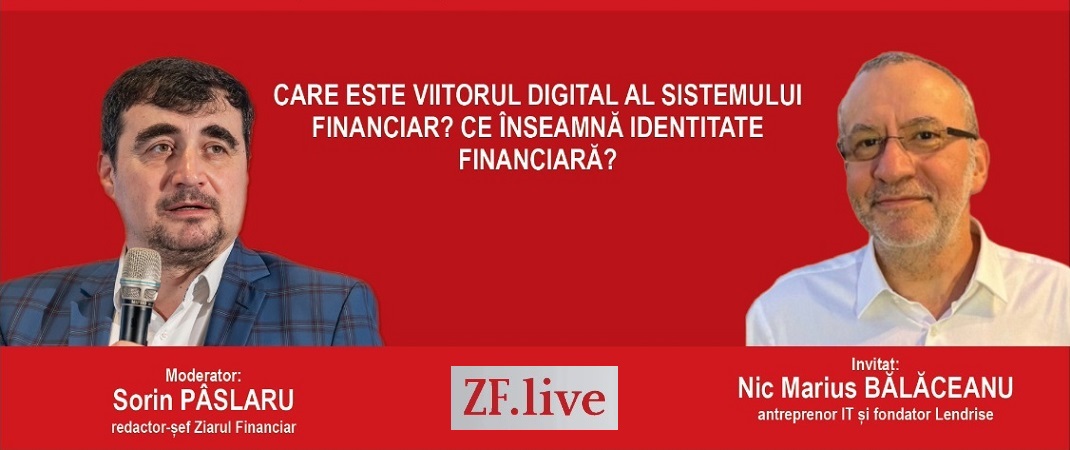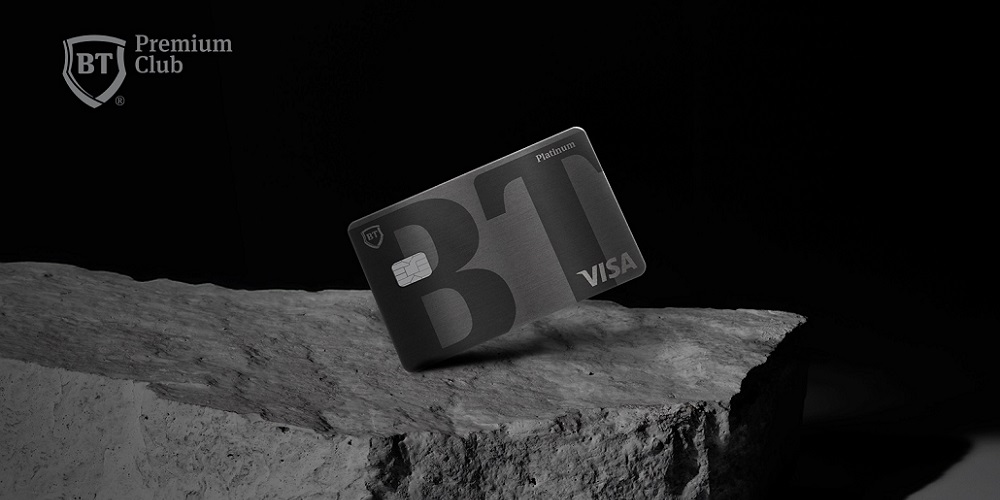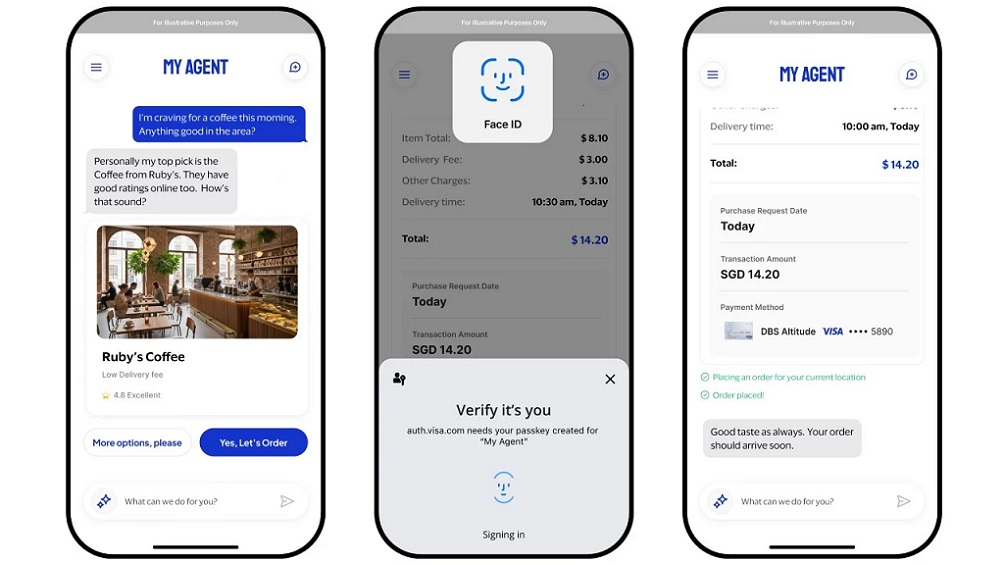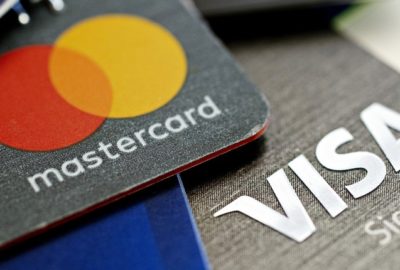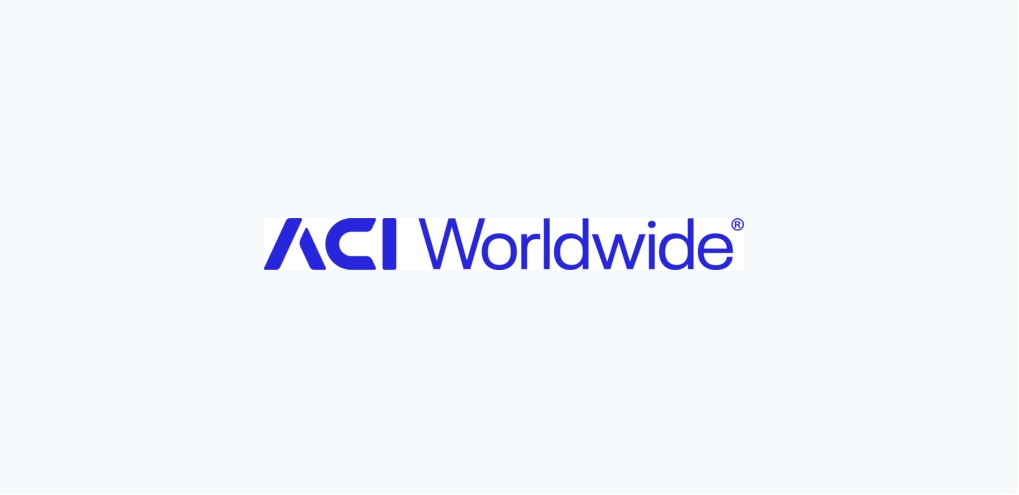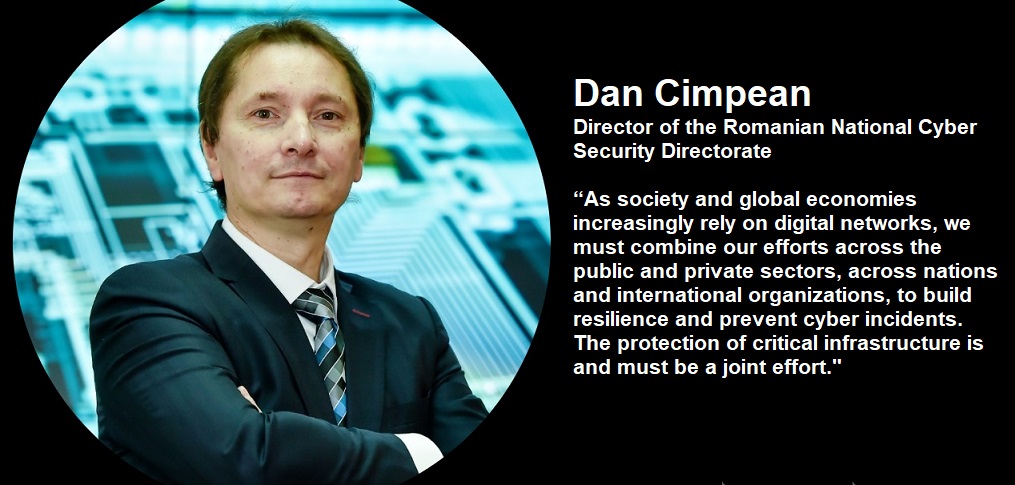First Central Bank Digital Currency experiment on blockchain to settle French government bonds was a success
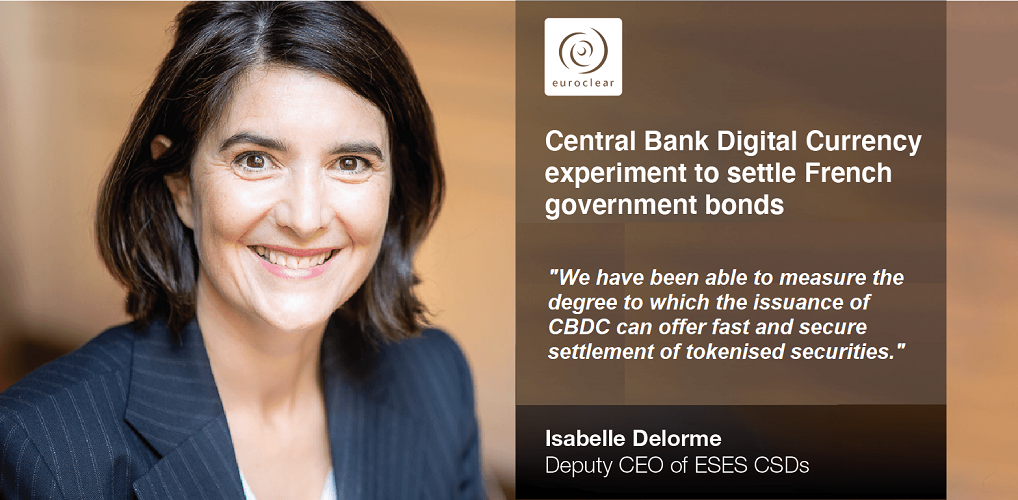
A consortium of institutions led by Euroclear have successfully experimented central bank digital currency (CBDC) for settling French treasury bonds on a test blockchain, according to a press release.
The experiment, commissioned by the Banque de France included Agence France Trésor, BNP Paribas CIB, Crédit Agricole CIB, HSBC, Societe Generale. IBM provided Euroclear with design expertise and all platform features, including advanced privacy-preserving tokens and hybrid cloud capabilities.
The objective of the experiment was to assess if a wide range of operations and functionalities can be run on a blockchain platform and identify, from a user point of view, the added value of blockchain technology. The full scope of the experiment covered a large range of core securities settlement operations including securities issuance, primary market and secondary market trades, liquidity optimisation mechanisms like repo and interest payments.
The experiment also demonstrated that a blockchain platform can coexist and interoperate with existing market infrastructure. A research paper outlining the experiment’s findings can be found here: Experimenting settlement of French governement bonds in CBDC with blockchain technology (pdf-3.1MB)
The experiment is part of a wider Banque de France initiative commissioned in March 2020, to test the integration of a central bank digital currency (CBDC) using innovative procedures for the exchange and settlement of tokenised financial assets between financial intermediaries. In addition to its role as architect of the CBDC experiment programme, Banque de France participated, by acting as the Central Bank issuing and distributing the CBDC.
Isabelle Delorme, Deputy CEO of ESES CSDs Euroclear France, Euroclear Belgium and Euroclear Nederland commented: “We are extremely pleased to have worked on this pioneering project with our industry partners and the Banque de France. Together, we have been able to measure the degree to which the issuance of CBDC can offer fast and secure settlement of tokenised securities. We are well aware that there are still challenges that need to be overcome before we can envisage the implementation of blockchain platforms in production as we continue to investigate all routes to drive efficiencies for our clients.”
____________
Euroclear group is the financial industry’s trusted provider of post trade services. Euroclear provides settlement, safe-keeping and servicing of domestic and cross- border securities for bonds, equities and derivatives to investment funds. Euroclear is a proven, resilient capital market infrastructure committed to delivering risk-mitigation, automation and efficiency at scale for its global client franchise.
The Euroclear group includes Euroclear Bank – which is rated AA by Fitch Ratings and AA by Standard & Poor’s – as well as Euroclear Belgium, Euroclear Finland, Euroclear France, Euroclear Nederland, Euroclear Sweden and Euroclear UK & International. The Euroclear group settled the equivalent of EUR 897 trillion in securities transactions in 2020, representing 276 million domestic and cross-border transactions, and held EUR 32.8 trillion in assets for clients by end 2020.
Dariusz Mazurkiewicz – CEO at BLIK Polish Payment Standard
Banking 4.0 – „how was the experience for you”
„To be honest I think that Sinaia, your conference, is much better then Davos.”
Many more interesting quotes in the video below:
